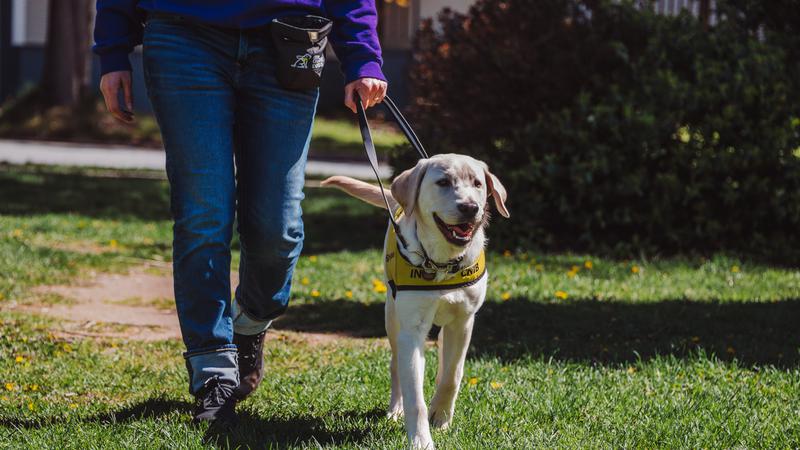
‘Sisterhood’: Ribbon skirt library provides community for Indigenous women in Sask.
When a handful of Indigenous youth came up to Claire Tuckanow to compliment her ribbon skirt and shared wishes of wanting their own, a spark was started.
Tuckanow, a Métis-Cree woman from the Okanese First Nation, is the building safer communities coordinator with Growing Young Movers (GYM).
GYM is a nonprofit organization at Regina’s mâmawêyatitân centre which provides mentorship, recreation, learning and employment opportunities for youth.
Jan. 4 is National Ribbon Skirt Day every year, and GYM is currently working on a ribbon skirt library.





